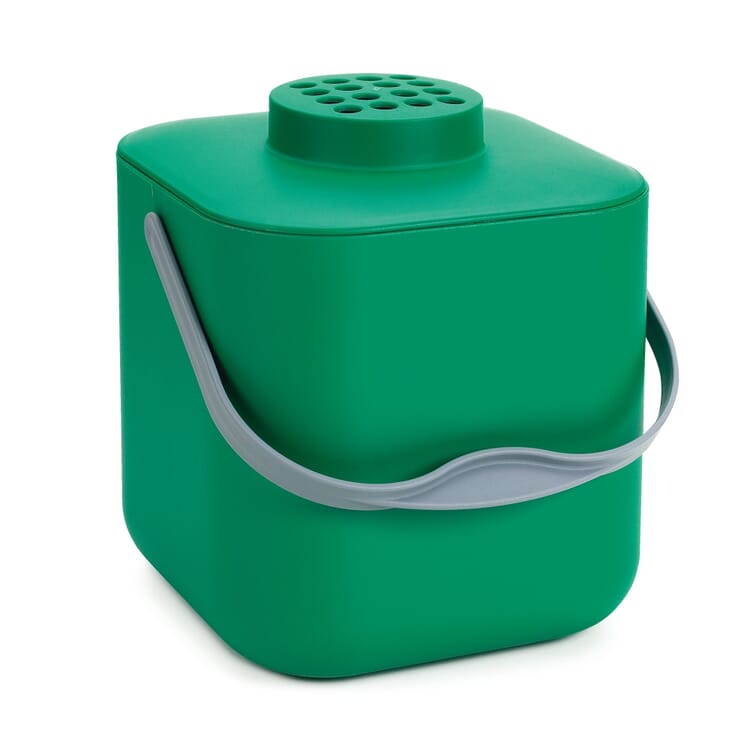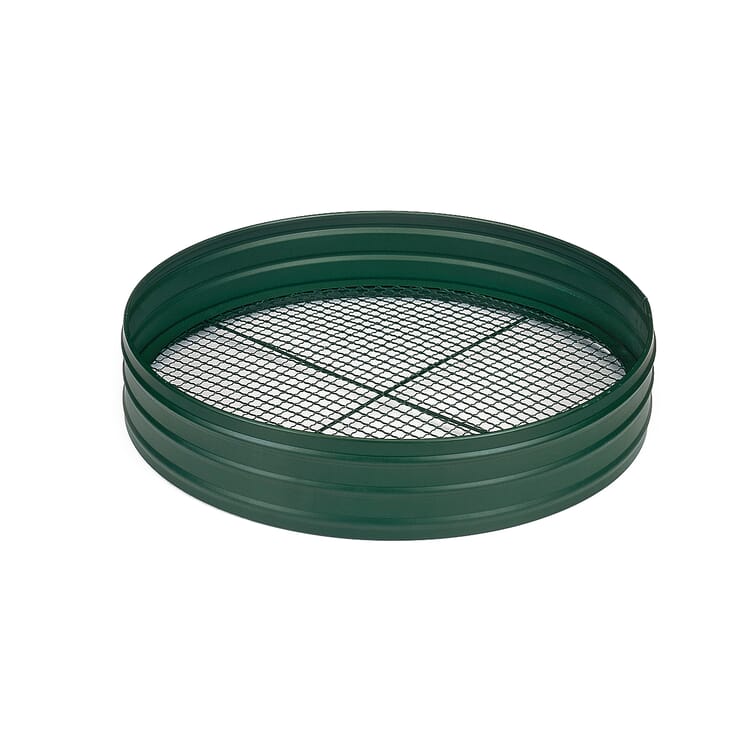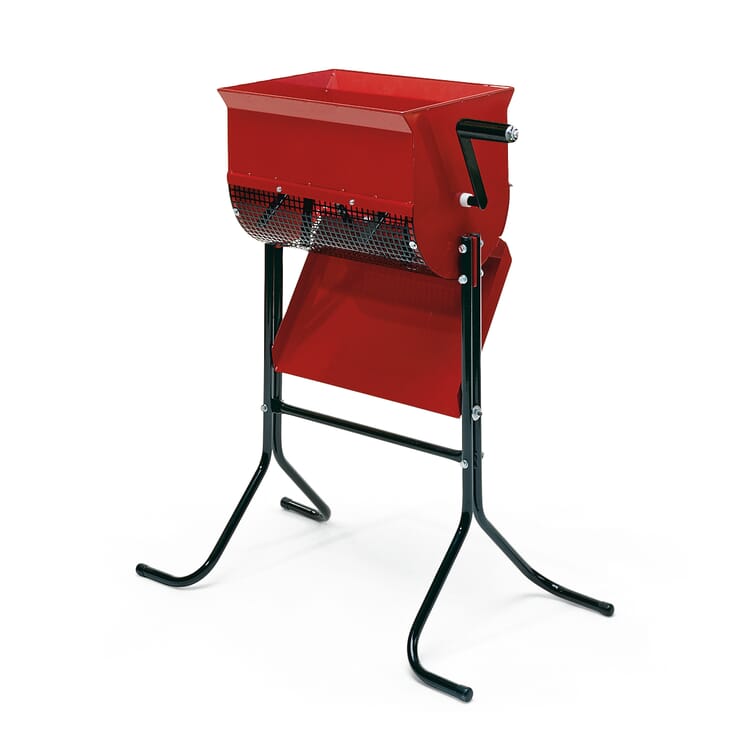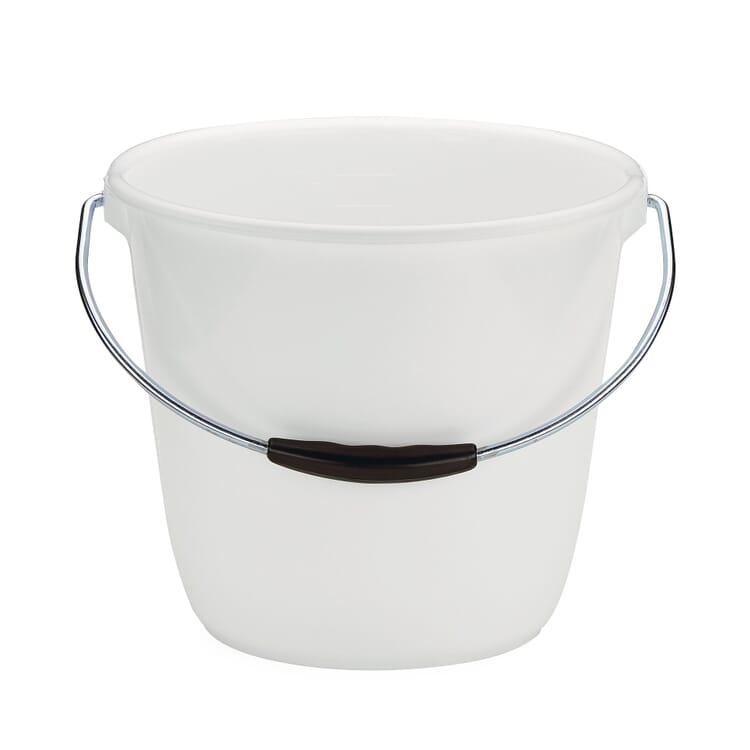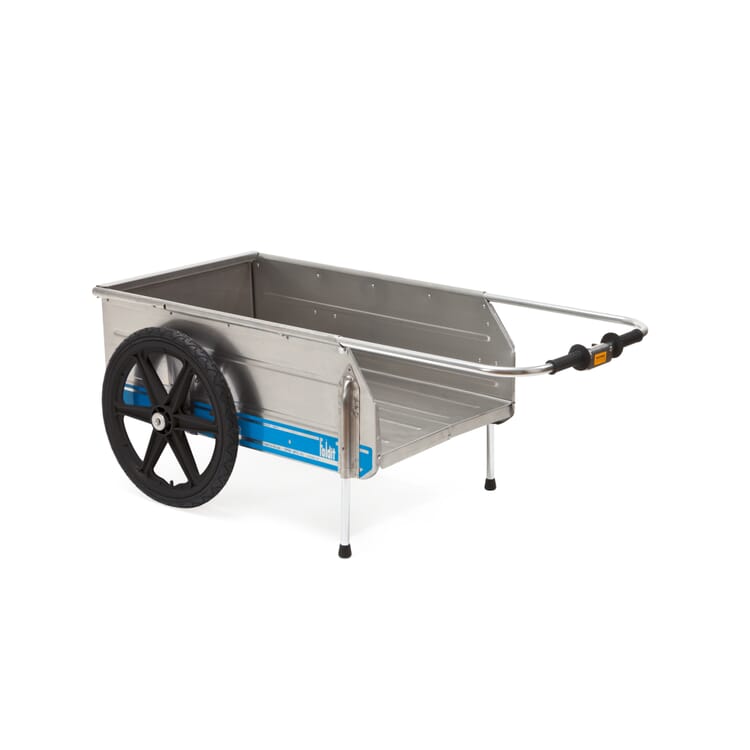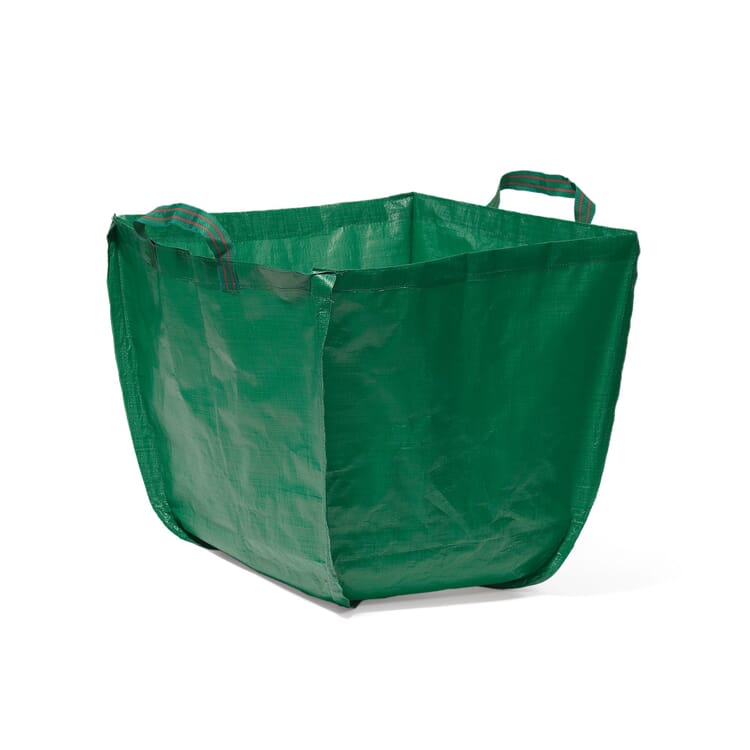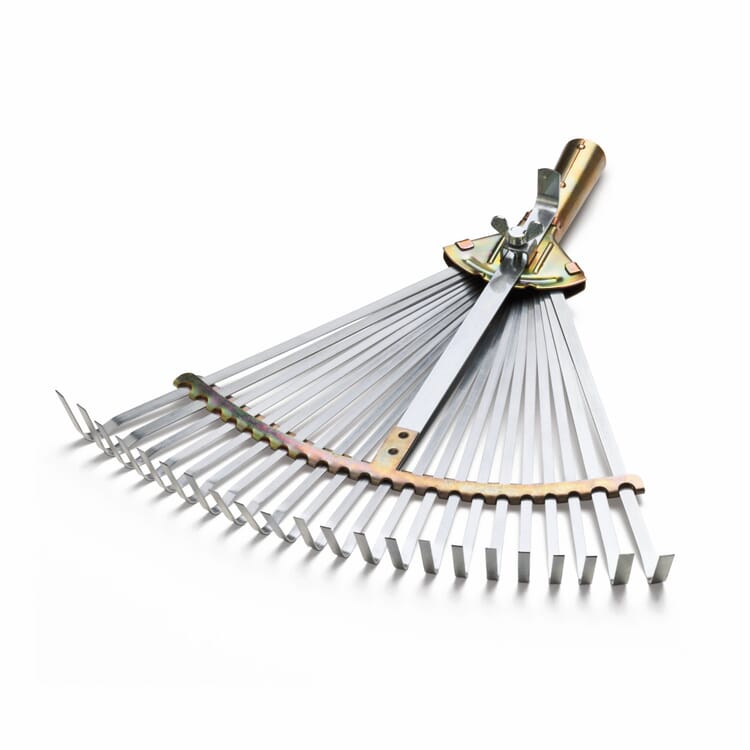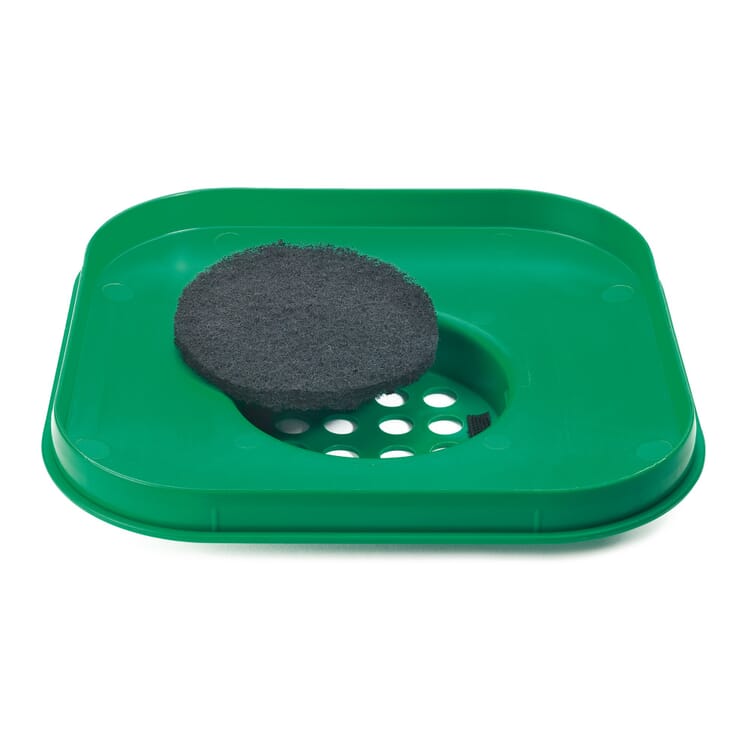The gardener's gold. The compost
Compost is one of the oldest fertilizers and soil improvers: it is made from organic waste from the household and garden and makes a significant contribution to keeping the soil healthy and nourishing the plants. The soil is effectively improved as compost creates a stable crumb structure, an active, species-rich soil life and a good air and water volume. In addition, well-matured compost is a fully-fledged organic fertilizer that makes the use of chemical fertilizers superfluous. Composting (also known as rotting) is the biological process in which easily usable organic material is converted into humus-rich compost by bacteria, fungi and other microorganisms.
The products at a glance
For decomposition, living organisms need oxygen and, since they can only absorb their food in dissolved form, also water. A good ratio of oxygen supply and water content is therefore a crucial condition for the composting process. In addition to the microorganisms mentioned above, earthworms also play an important role: like no other animal, they are able to convert organic waste into valuable compost. Among them there are pronounced specialists, the so-called compost worms, which can be used specifically to promote rotting.
Sift and spread compost
The optimal composting place consists of at least two, preferably three containers. In the first one all (fresh) waste is collected and from it the compost is put in the second one: Coarse waste (shrub clippings) should be mixed with fine (lawn clippings), moist (fruit residues) with dry (autumn leaves) and nutrient-rich (vegetable residues) with nutrient-poor (wood chips). The waste should not be compacted, because in the absence of oxygen, the material will only decompose incompletely - and then emit a foul odor. After about three months, the half-rotted waste is moved: either rearranged in the same container or - easier and more thorough - transferred to a third container. This transfer promotes the aeration of the compost pile and leads to a further significant reduction in its volume. The freshly turned compost reaches the so-called maturity stage after an average of seven months. Most of the components are now well decomposed, and the dark humus smells like forest soil.

